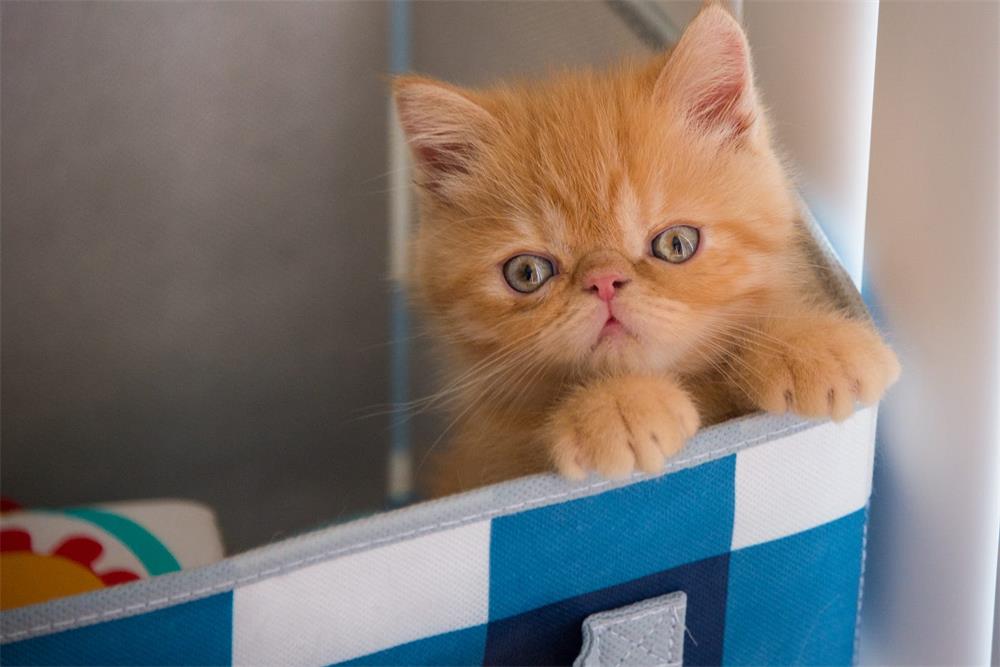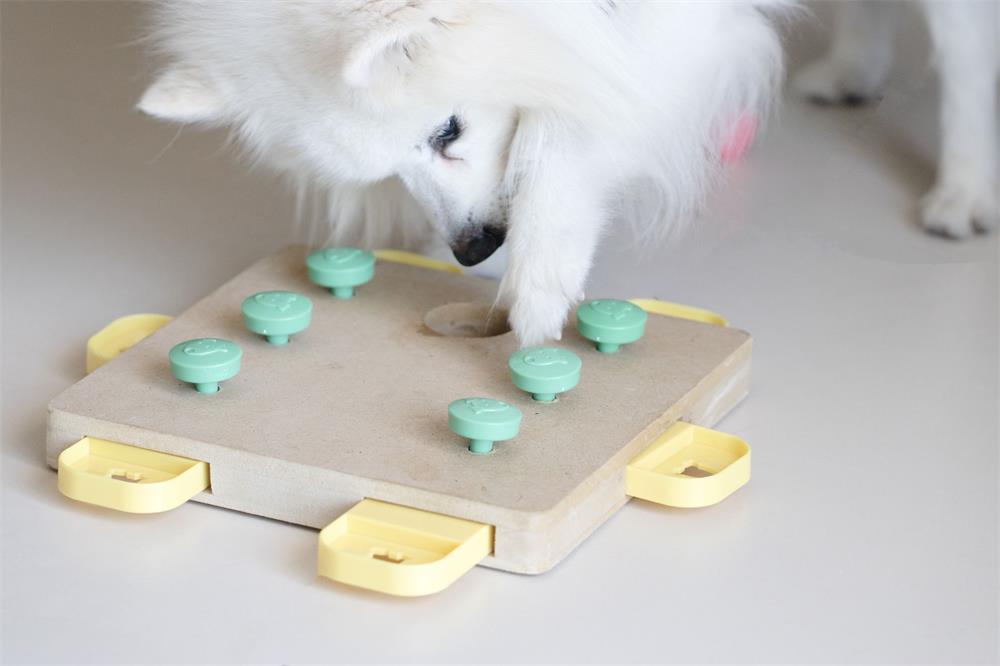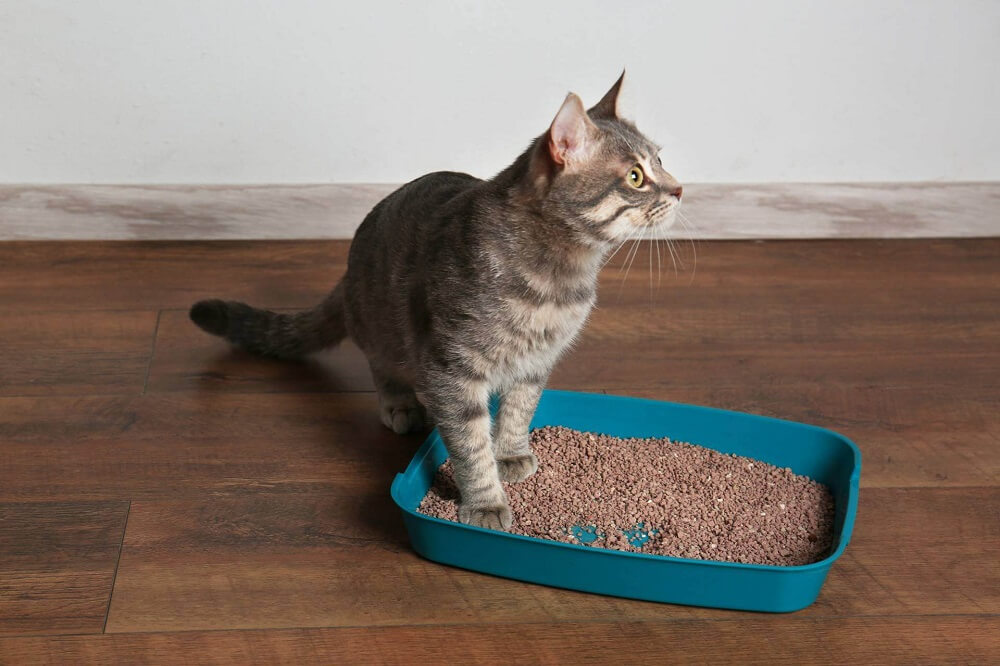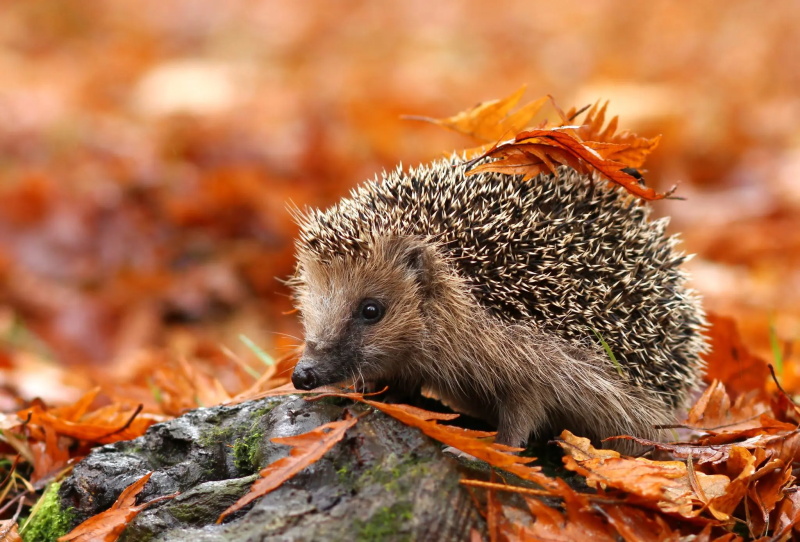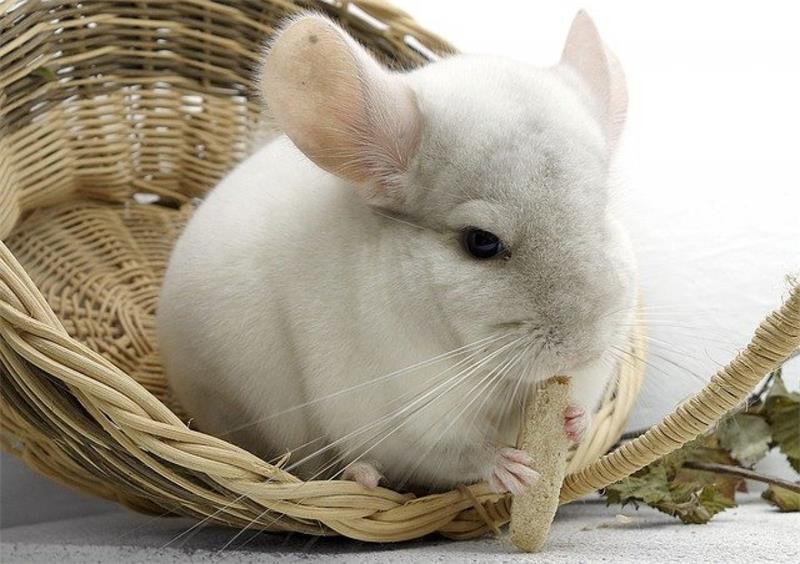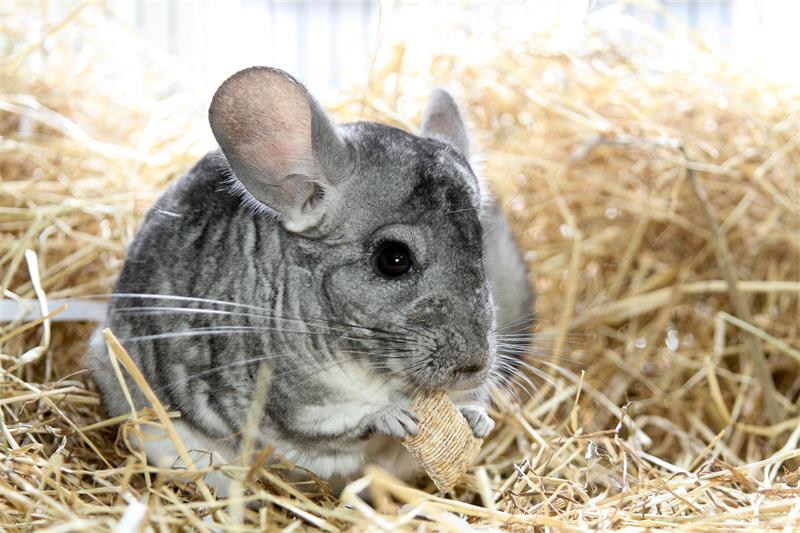A description of the symptoms, causes and remedies for some of the most frequent illnesses and injuries that affect chinchillas, such as dental issues, respiratory infections, bloat, diarrhea, seizures or wounds.
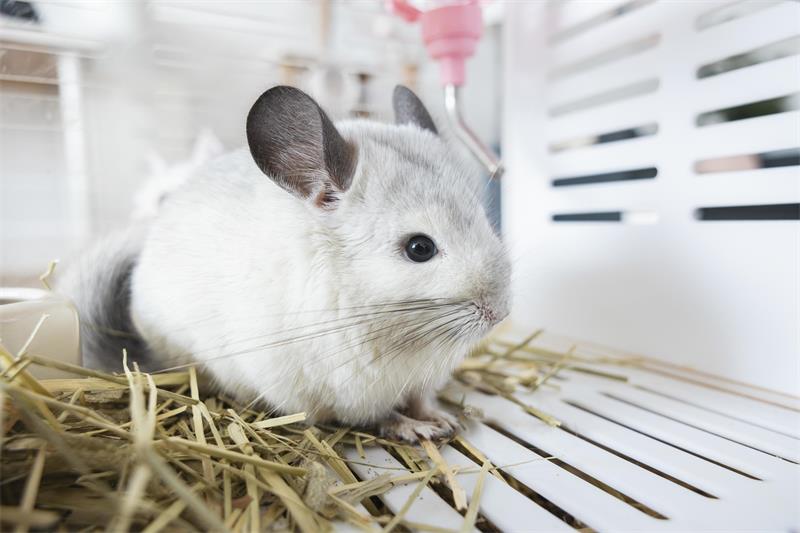
Chinchillas are adorable and fluffy rodents that make popular pets for many people. However, they are also prone to some health issues that require prompt attention and care. In this article, we will discuss some of the most common health problems in chinchillas, how to recognize them, and how to treat them.
Common Health Problems in Chinchillas
Some of the common health problems that affect chinchillas are:
- Bite wounds: Chinchillas can get injured by biting each other or by being attacked by other animals such as cats, dogs, or ferrets. Bite wounds can be infected with bacteria and cause serious complications if left untreated. Bite wounds are medical emergencies that need immediate veterinary attention. Bite wounds are treated with antibiotics and wound cleaning.
- Respiratory diseases: Chinchillas can develop respiratory infections such as pneumonia, which can be fatal if not treated. Respiratory diseases can be caused by poor environmental conditions such as overcrowding, poor ventilation, and high humidity. Common signs of respiratory diseases in chinchillas include lack of appetite, lethargy, difficulty breathing, nasal or eye discharge, and swollen lymph nodes. Respiratory diseases are treated with antibiotics and supportive care such as fluid therapy and force-feeding.
- Dental issues: Chinchillas have continuously growing teeth that need to be worn down by chewing on hay and other hard foods. If the teeth do not align properly or if the diet is inadequate, the teeth can become overgrown and cause problems such as difficulty eating, weight loss, drooling, eye problems, and abscesses. Dental issues can be prevented by providing a proper diet and regular dental check-ups. Dental issues can be treated by trimming or filing the teeth under anesthesia or by extracting them if necessary.
- Gastrointestinal stasis: Chinchillas have a sensitive digestive system that can be easily disrupted by stress, diet changes, dehydration, or illness. Gastrointestinal stasis is a condition where the gut motility slows down or stops completely, leading to accumulation of gas and food in the stomach and intestines. This can cause severe pain, bloating, loss of appetite, weight loss, and death if not treated. Gastrointestinal stasis can be prevented by providing a high-fiber diet, fresh water, and a stress-free environment. Gastrointestinal stasis can be treated by stimulating the gut motility with medications such as metoclopramide or cisapride, administering fluids and painkillers, and force-feeding critical care formula.
- Diarrhea: Chinchillas can develop diarrhea due to various causes such as bacterial infections, parasites, fungal infections, toxins, or dietary indiscretion. Diarrhea can lead to dehydration, electrolyte imbalance, weight loss, and death if not treated. Diarrhea can be prevented by providing a balanced diet, avoiding sudden changes in food or water sources, and keeping the cage clean and dry. Diarrhea can be treated by identifying and eliminating the underlying cause with medications such as antibiotics or antiparasitics, administering fluids and electrolytes orally or subcutaneously, and feeding probiotics to restore the gut flora.
- Bladder sludge/stones: Chinchillas can develop bladder sludge or stones due to excess calcium intake or metabolism problems. Bladder sludge is a thick accumulation of calcium crystals in the urine that can cause irritation and inflammation of the bladder wall. Bladder stones are hard masses of calcium that can obstruct the urinary tract and cause pain and difficulty urinating. Bladder sludge/stones can be prevented by providing a low-calcium diet (less than 1% calcium), fresh water, and exercise. Bladder sludge/stones can be treated by flushing out the sludge with fluids or surgery to remove the stones.
- Heat stroke: Chinchillas are adapted to cool and dry climates and cannot tolerate high temperatures or humidity. Heat stroke is a life-threatening condition where the body temperature rises above 40°C (104°F) and causes damage to vital organs such as the brain, heart, liver,
and kidneys. Heat stroke can be prevented by keeping chinchillas in a cool (below 25°C/77°F) and well-ventilated area away from direct sunlight or heat sources. Heat stroke can be treated by cooling down the chinchilla with wet towels or ice packs (avoiding direct contact with the skin), administering fluids intravenously or subcutaneously, and monitoring vital signs such as temperature, heart rate, and breathing rate. - Skin and coat issues: Chinchillas have a dense and soft fur that can be affected by various skin and coat problems such as fungal infections (ringworm), fur chewing, hair loss, and penile hair ring. Fungal infections can cause scaly patches, hair loss, and itching on the skin. Fur chewing is a behavioral problem where chinchillas chew their own or other chinchillas’ fur, resulting in uneven or bald areas. Hair loss can also be caused by hormonal imbalances, stress, or parasites. Penile hair ring is a condition where fur becomes wrapped around the penis of male chinchillas, causing irritation or constriction. Skin and coat issues can be prevented by providing a clean and dry environment, regular dust baths, and proper nutrition. Skin and coat issues can be treated by identifying and eliminating the underlying cause with medications such as antifungals or hormones, trimming or removing the fur around the penis, and applying topical creams or ointments to soothe the skin.
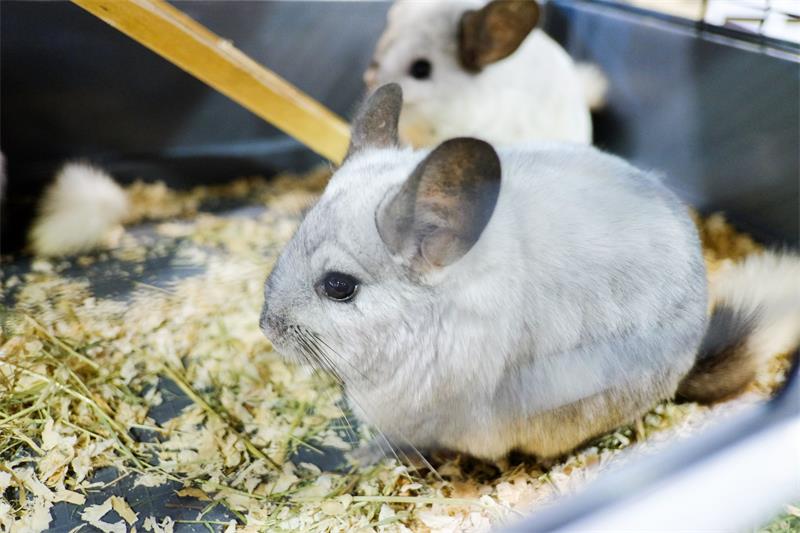
Conclusion
Chinchillas are cute and cuddly pets that can live up to 15 years if cared for properly. However, they are also susceptible to some health problems that require early detection and treatment. As a responsible chinchilla owner, you should provide your pet with a suitable diet, environment, and enrichment, as well as regular veterinary check-ups and dental care. You should also monitor your chinchilla for any signs of illness or injury and seek veterinary help as soon as possible if you notice anything abnormal. By doing so, you can ensure your chinchilla’s health and happiness for many years to come.


